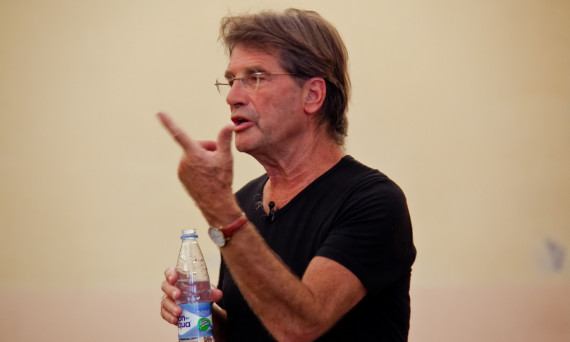In this lecture I'll tell about the progress of my new book Discourse and Knowledge by summarizing some results of the respective chapters of this multidiscpliinary study.
I propose a new, relativist and naturalistic approach to knowledge defined as beliefs shared and justfied by the criteria of an epistemic community. I summarize how knowledge is involved in the cognitive processes of discourse production and comprehension, and how knowledge as a form of social cognition, just like attitudes and ideologies is shared in a sociocultural epistemic community or in specific social groups, for instance through epistemic institutions such as schools and the mass media. Since knowledge depends on the criteria of epistemic communities, an anthropological approach studies the cultural variation of knowledge(s) across the world. Finally, the linguistic and discourse analytical approach to knowledge goes beyond the usual study of the expression or presupposition of knowledge in sentences -- as is the case for the study of topic and focus, evidentials, modalities or presuppositions -- and details how knowledge is managed in discourse for the establishment of global (discursive) topic and focus, local and global coherence, various kinds of description, granularity, and many other properties of knowledge based on the expression of semantic situation models controlled by pragmatic context models.
Teun van Dijk
2013 April, 18
























